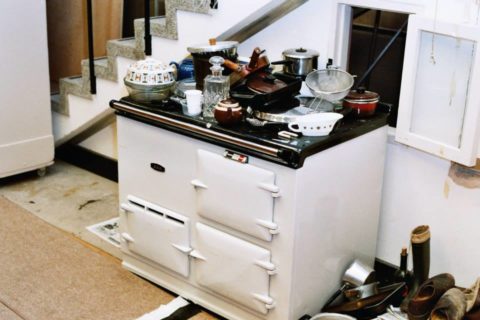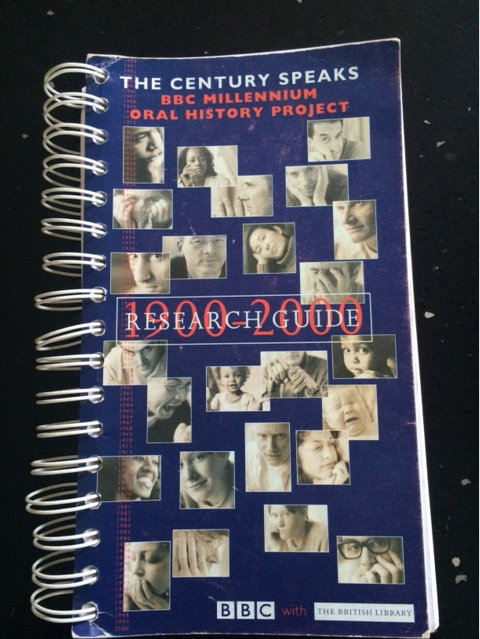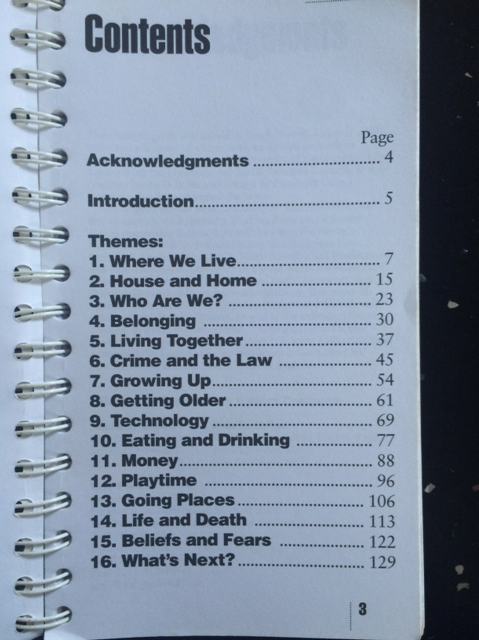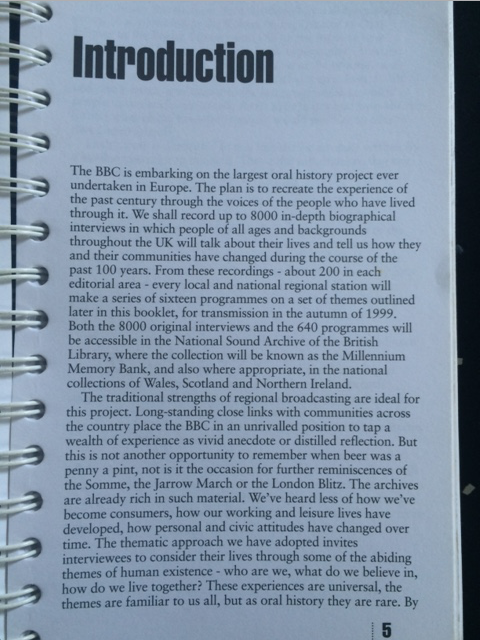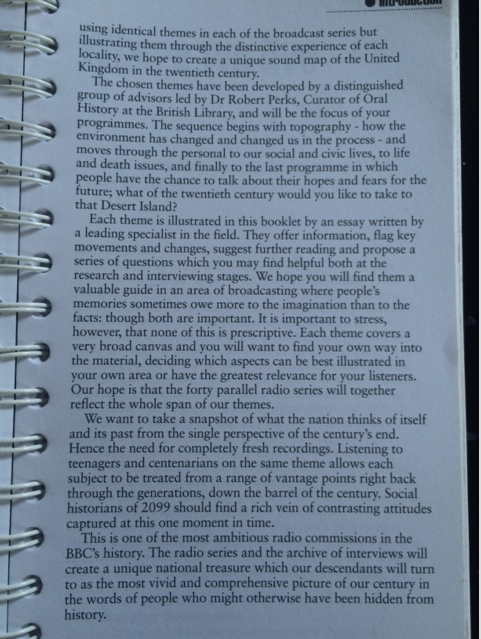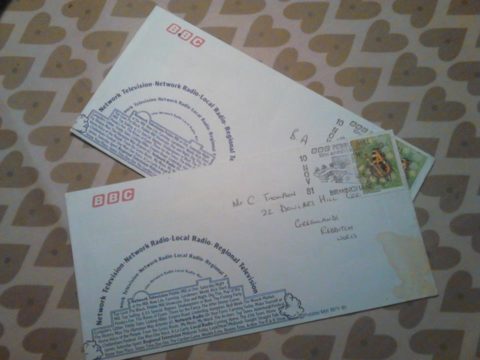
Photos by Roy Thompson, no reproduction without permission
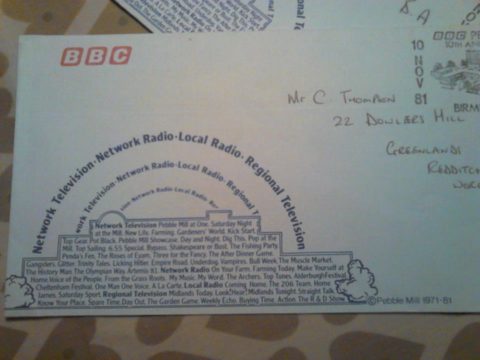
Thanks to Roy Thompson for posting these photos of the envelope designed to celebrate the tenth anniversary of BBC Pebble Mill. In the closer photo you can see the myriad of programmes made at the broadcast centre. Here’s the impressive list:
Network Television – Pebble Mill at One, Saturday Night at the Mill, New Life, Farming, Gardeners’ World, Kick Start, Top Gear, Pot Black, Pebble Mill Showcase, Day and Night, Dig This, Pop at the Mill, Top Sailing, 6.55 Special, Bypass, Shakespeare or Bust, The Fishing Party, Penda’s Fen, The Roses of Eyam, Three for the Fancy, The After Dinner Game, Gangsters, Glitter, Trinity Tales, Licking Hitler, Empire Road, Underdog, Vampires, Bull Week, The Muscle Market, The History Man, The Olympian Way, Artemis 81
Network Radio – On your Farm, Farming Today, Make Yourself at Home, Voice of the People, From the Grass Roots, My Music, My World, The Archers, Top Tunes, Alderburgh Festival, Cheltenham Festival, One Man One Voice, A La Carte
Local Radio – Coming Home, The 206 Team, Home James, Saturday Sport
Regional Television – Midlands Today, Look!Hear! Midlands Tonight, Straight Talk, Know Your Place, Spare Time, Day Out, The Garden Game, Weekly Echo, Buying Time, Action, The R & D Show
Save
Save
Save
Save

